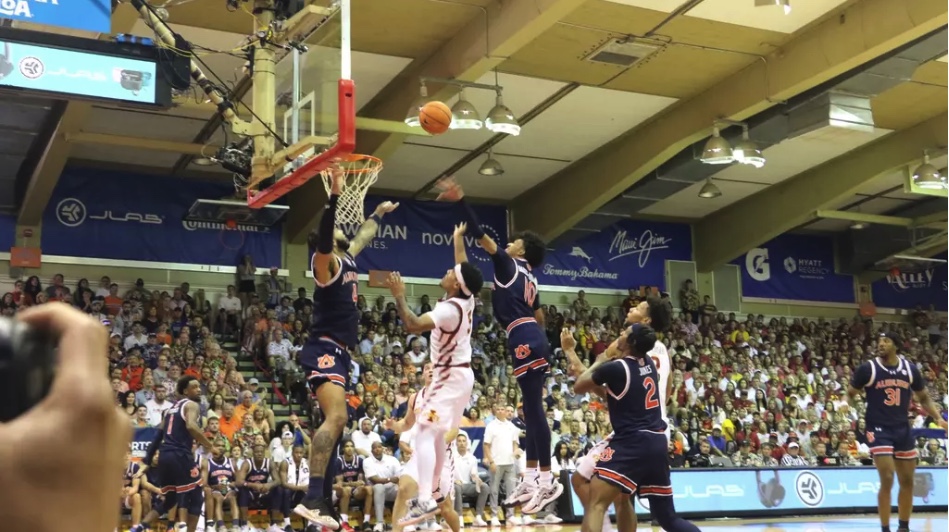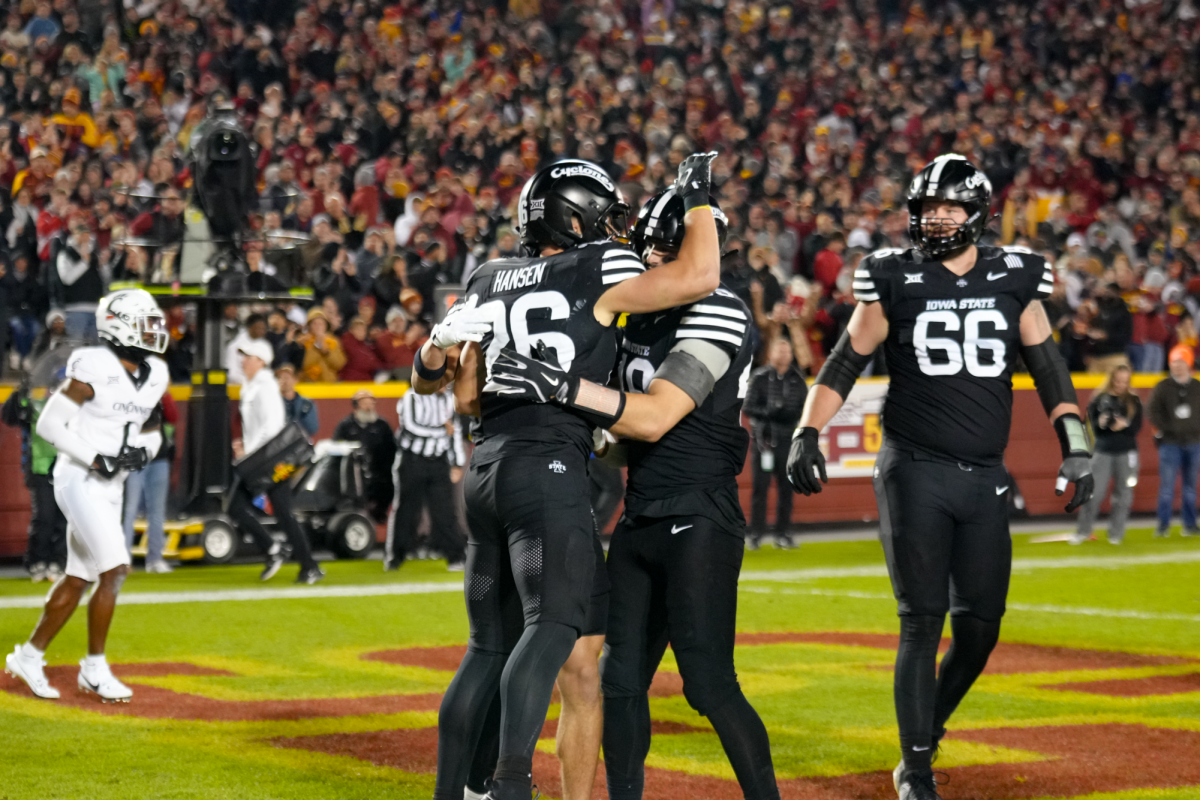Stereotypes pressure academics
February 19, 1999
A study released by Harvard University concluded that stereotypes do affect academic performance.
The Harvard study, which was released this January, involved three groups of Asian-American women. Each group completed a questionnaire, which focused on three different topics.
The questionnaire either focused on the participant’s gender, ethnic diversity or neither. After completing the questionnaire, the women took a quantitative test.
The results showed that stereotypes did impede the test takers’ academic performance.
Rafael Rodriguez, director of the Minority Student Affairs, said ethnic stereotypes, such as “Asians excel in math and science,” put unnecessary pressure on students.
“You have kids that are struggling because they are Asian, and they don’t do well in math and science,” he said. “It puts an unrealistic burden on those individuals.”
Rodriguez said all stereotypes have a negative impact, even it that is not the intent.
“We paint them into a corner because of their race or ethnicity,” he said. “The level of negativity from that stereotype will be what influences the ability to succeed.”
Some professors said gender stereotyping also can affect how many students choose to enroll in certain departments.
“[Stereotypes] have a bigger effect in the preselection that goes on before students get here,” said David Holger, associate dean of the College of Engineering. “We work on improving the quality of information so that preconceived notions are best addressed by factual information.”
James Peake, associate professor of mathematics, said overall, he teaches more men than women.
“I believe that in the past, women have been discouraged from scientific disciplines,” he said. “That has had an effect on performance too, but there are many talented women in mathematics.”
Grace Kunz, associate professor of textiles and clothing, said the majority of enrollment in the program is female. Kunz believes the stereotypes have been around since the program began in 1919.
“Female stereotypes are highly detrimental both to industry and to males that could have a job opportunity,” she said.
Kunz said enrollment in her program is less than 15 percent male.
“If it’s changing, it is changing slowly,” she said.
Holger said all engineering fields have more women now. As far as minority populations in the field of engineering, he said it is reflective of the state’s total minority population.
Adam Curtis, sophomore in computer engineering, said he believes stereotypes do take their toll on students.
“Society’s influence is why engineering is predominantly male,” he said. “I think women are just as capable. We might be missing out on what women have to contribute to the field.”
Curtis does not think the engineering field will be different in the future.
“I don’t see any more girls going into engineering unless something drastic happens,” he said. “There aren’t any role models for them.”
Vince Chia, sophomore in marketing entrepreneurship, agreed that role models have a lot to do with what different ethnic and gender groups strive for.
“I think as you meet different kinds of people who don’t fit these stereotypes, it tells you not to believe in them,” he said.






